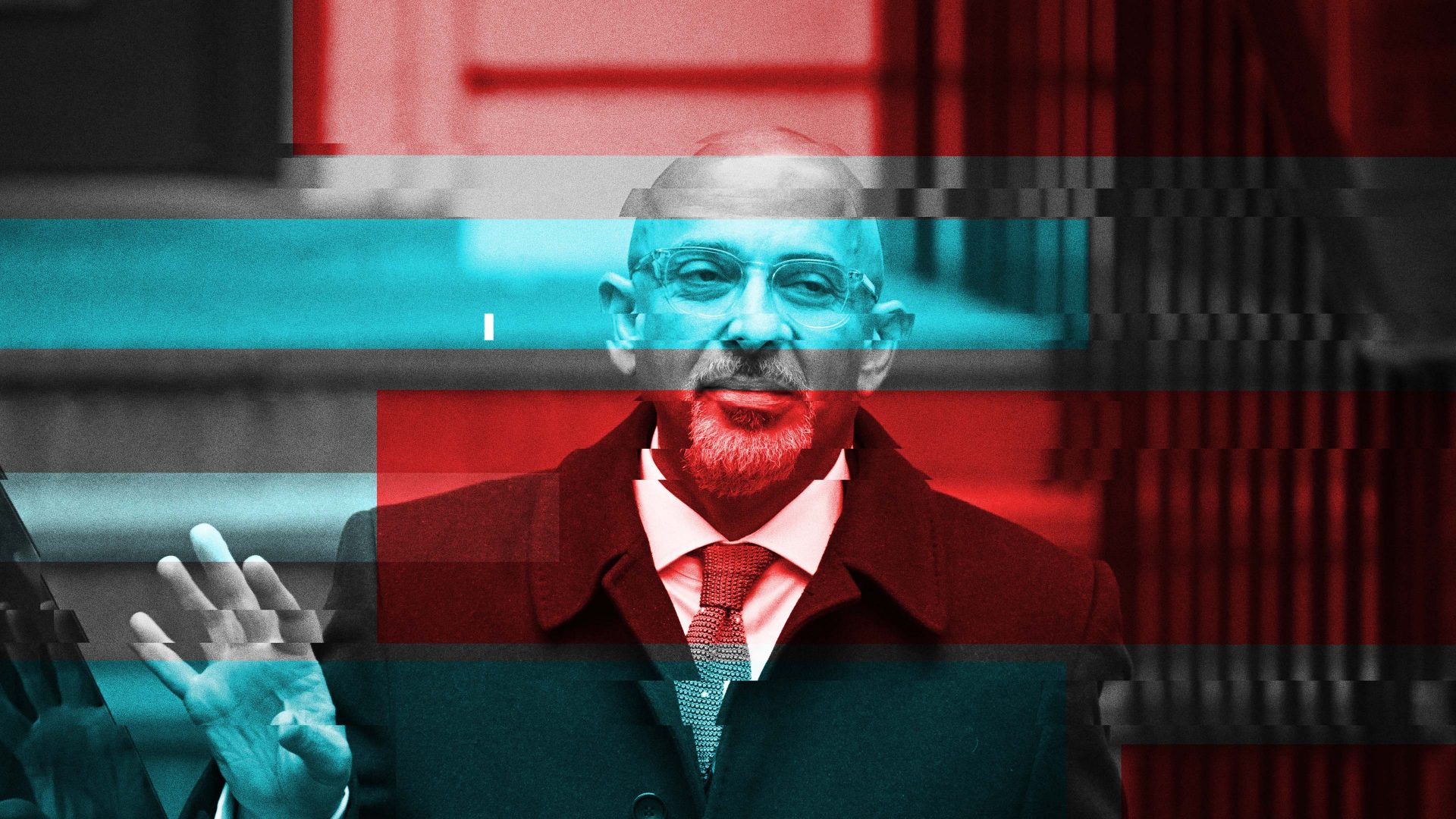The NHS crisis has put Rishi Sunak well and truly on the ropes. Swamped A&E departments, an epic staff shortage, strikes and soaring numbers waiting more than 18 weeks for treatment have left the PM looking like a punch-drunk boxer at PMQs.
But like all flailing lightweights, he keeps throwing one desperate counter-punch: attacking the Welsh NHS, which is run by Labour. On January 18, as Keir Starmer grilled Sunak about ambulance response times above two hours, he replied:
“I notice that the one place the right honourable and learned gentleman did not mention was Wales, where we know that ambulance times are even worse than they are in England.”
And that’s true, on the face of it. Facing a surge of life-threatening emergencies in December, just 38% of such calls were met by the Welsh ambulance service within the target time of eight minutes.
But in the same month, the service managed to answer more calls within eight minutes than in its entire history. It responded to the emergency – fuelled by strep A, flu and Covid-19 – but the emergency was severe.
There are mitigating factors. The first can be seen on any map: many Welsh communities are rural, coastal and remote. The remotest hospitals are now reliant on agency staff for up to half their workforce.
Plus, the Welsh population is older than in the rest of the UK – with 21.1% of people over 65 compared to 18.6% across the UK. And Wales has the highest rate of child poverty in Britain, at 31%. But nobody can be happy with the current situation.
So what is the Labour-led government in Cardiff doing in the face of an NHS crisis? The short answer is: more than the Tory government in Westminster. And that’s why Sunak’s counter-punches do not land.
Wales spends 8% more per person on healthcare than England. When it comes to personal social services – the critical blockage that clogs up the rest of the system – Wales spends a staggering 43% more per person than England.
And these are policy choices, by a devolved government determined to use its limited powers to deliver for an electorate that has kept them in office in Cardiff continuously since 1999.
Faced with a winter care crisis, it bought 600 emergency beds in the social care sector – nearly double the number per head planned in England. It rolled out prescribing at pharmacies. And when it comes to the overall number of general hospital beds per 100,000 people, Wales has 270, compared to England’s 170. But probably the best thing Labour has done for Welsh healthcare is tell the truth: that not enough money is being spent on health, and that – despite spending more than the rest of the UK – the crisis won’t abate without a major uplift to spending, which means redistributing wealth from rich to poor and paying the workforce wages they can live on.
And this is where Labour in the rest of the UK can learn from Wales. Wes Streeting, the shadow health secretary, is right to look at removing bureaucratic obstacles to consultant referrals, and to greater investment in info-tech. But the NHS crisis is about money.
We’ve seen doctors, nurses, ambulance workers and midwives take severe cuts in real wages over the past 12 years, fuelling the skills gaps that are crippling services UK-wide. At the same time, a decade of austerity has fuelled demand on the NHS: rising life expectancy has stalled for the first time in 100 years; health inequalities are rising – between, men and women, rich and poor and between the poorest and richest regions.
Last week, I called for the NHS to become an engine of wealth redistribution. Since then Civitas, a right-wing thinktank, has published a report decrying the scale of redistribution already happening. Thanks to state-funded health and education, the number of people getting more out of public services than they pay into via taxation is the highest on record.
The fact that 36 million Brits – or 54% of the population – are net winners from free schooling and hospital treatment is a source of outrage to the right. The report fuelled calls for Sunak to rekindle the bonfire of income taxes that Liz Truss promised, before she torched Britain’s public finances.
The left should be confident enough to make the counter-argument. Taxation – not just on incomes but on unearned wealth – is a virtuous device for making everybody better off.
The ONS data on which the Civitas report was based shows that, for the poorest 20%, a combination of free health, education and school meals can boost their cash income of around £11,0000 to a notional £21,000.
The Tory instinct is to be outraged. The social-democratic instinct is to be outraged at how meagre the effects are because even then, the children of the poorest 20% go hungry, they shiver in the cold, and suffer from all the diseases of poverty.
So the next time Rishi Sunak wants to have a go at Wales, remember this. Labour is currently scoring 38% in polls for the next Senedd election, compared to the Tories’ 16%. The main opposition is Plaid Cymru, on 23%, which is to the left of Labour; and the Greens are on 5%.
That is a spectacular majority for the welfare state. It’s been achieved, above all, by Labour demonstrating honesty and competence when in government, and an emotional connection with the people who’ve put them there: qualities that have been in short supply from Sunak’s Tories.




